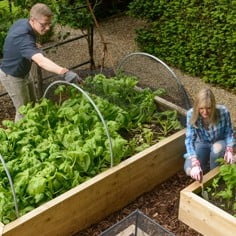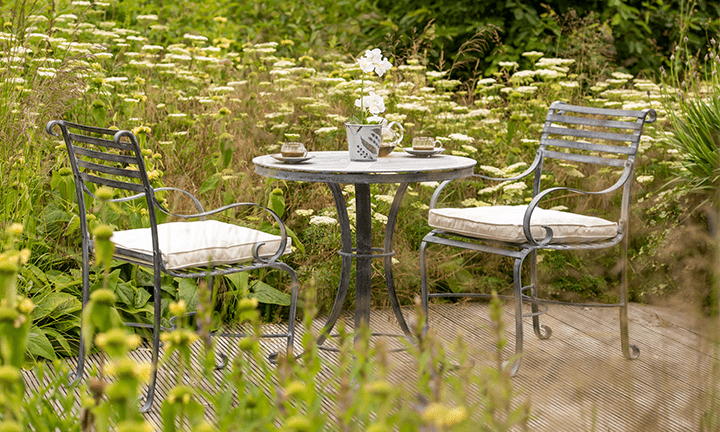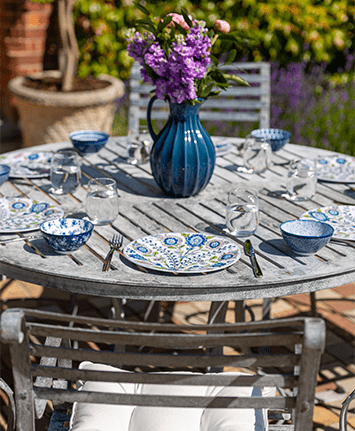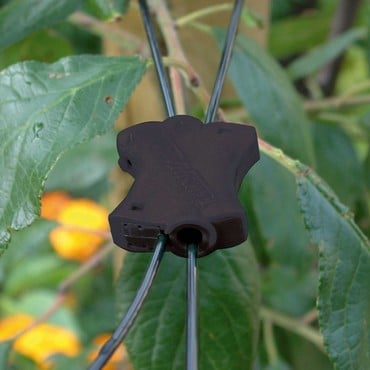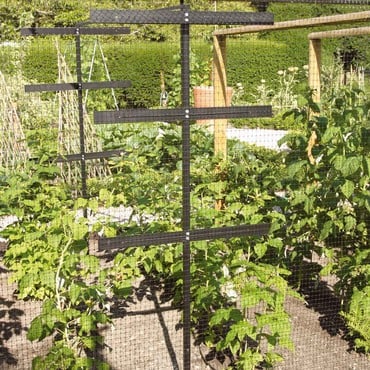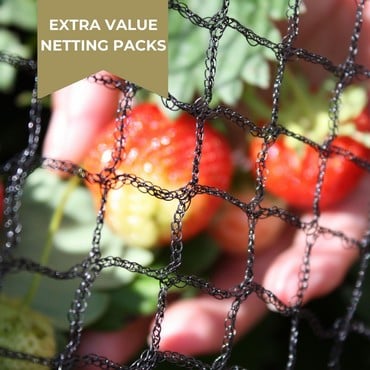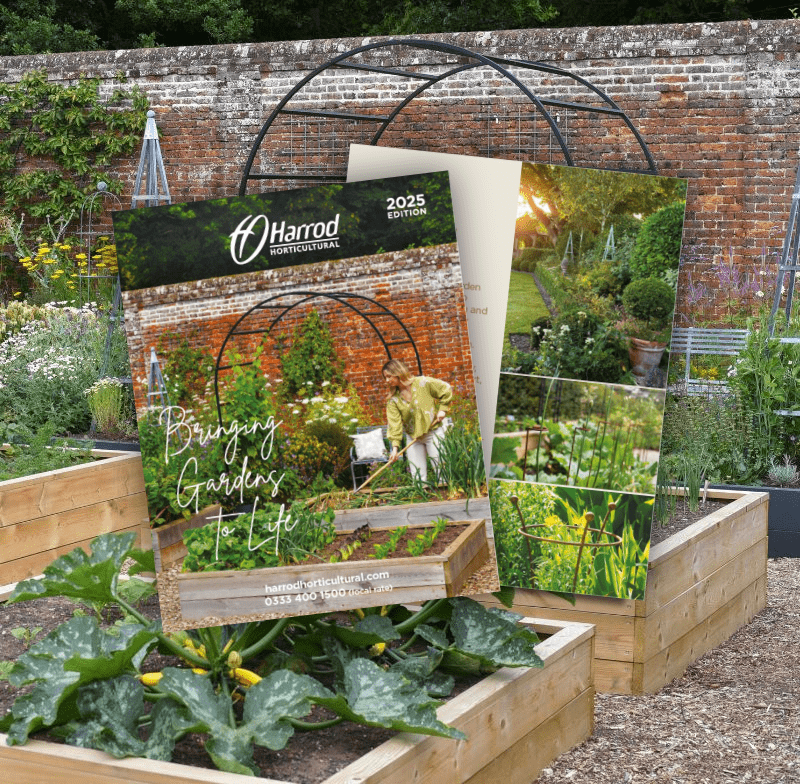Growing Raspberries
I had not noticed anything in the fab blog you do for the kitchen garden about raseberry plants, but I am keen to grow some. We have a north facing garden but I have a relatively sunny west facing fence. Do you think this would be ok for raspberries? Also how much space should I allow when I plant them and do I need to do much else? Already got some well rotted manure dug in.
Any other tips gratefully received!
Thanks in advance
Philippa
Thank you for your comment about the kitchen garden blog I am pleased that you enjoy reading it. Our raspberry plants are well established so I only mention them in our blog when cutting back or applying well rotted manure/mulch or when talking about the yield.
Raspberries are a very rewarding fruit to grow so I do recommend that you grow them in a row along your west facing fence as this would be perfect for them. Raspberry canes should be planted during the dormant season (November to March) so I would suggest that you get them in this month, unless your ground is frozen in which case you will have to wait. Plant 45-60cm (18”-2ft) apart into moisture retentive, weed free fertile soil. After planting you should prune the canes to within 25cm (10”) of the ground, you should get a small crop in the first year. As you have already added well rotted manure this year you will just need to feed with a liquid general purpose fertiliser on a monthly basis during the growing season, but they will benefit from an annual mulch of organic matter in springtime.
Summer fruiting raspberries are the most popular, these are ready for harvesting in early summer. However, I prefer the Autumn fruiting varieties which are less susceptible to pests and in my experience provide a bigger juicier fruit. But if you have the space maybe grow a few of each and you will have raspberries from June to October.
They will need training along the fence I suggest two posts with three rows of wire along, Harrod Horticultural do sell a Gripple Wire system which is very good, the raspberry runners will require tieing in along the wire as they grow.
Autumn and summer raspberries need pruning at different times. It is not as complicated as it sounds and all you need is a good pair of secateurs and some gardening gloves to protect against the thorns. Prune autumn-fruiting raspberries in late winter (February) - prune all the canes to ground level before growth commences. The plants will fruit on new growth. Prune summer-fruiting raspberries in autumn by cutting all canes down to soil level that bore fruit during the summer. Don’t cut down the new season’s canes (the one’s that are lush and green) as these one year old canes will bear fruit in the following year. Aim to tie in 6-8 of the strongest new canes and remove the rest. The new canes should be spaced about 10cm (4”) apart to allow each cane as much light and air as possible.
You will need to keep an eye out for pests. The summer fruiting varieties in particular are susceptible to Raspberry beetle. This is the main problem on raspberries. Dry patches develop at the stalk-end in midsummer, and often you will find a small white maggot inside the fruit. A combination of natural choice products can be used to treat this damaging pest. The first step is to monitor and catch the adult raspberry beetles with the new Raspberry Beetle Trap. Any survivors can be killed with the pyrethrum-based Insect Killing Spray.
Birds may also be a problem and you may need to net your raspberries to stop them devouring the berries.
At Stephanie’s Kitchen Garden we grow v. Glen Moy (Summer) and var. Autumn Bliss (Autumn) both are reliable varieties however there are many different varieties available from mail-order companies to choose from.
Good luck with growing your raspberries, lets hope we have lots of sunshine to ripen them off.
Kind Regards
Lynn Burton
Horticultural Adviser






